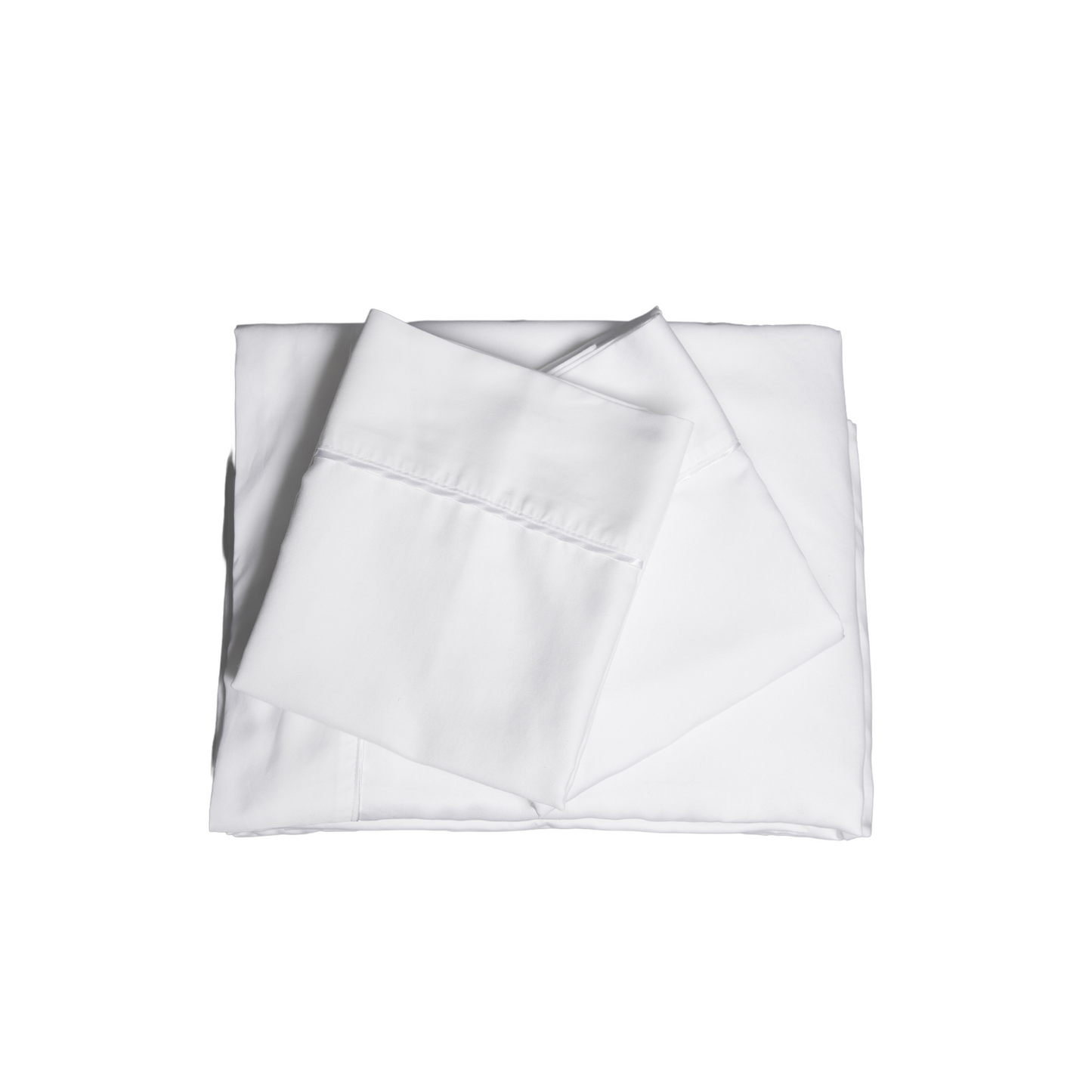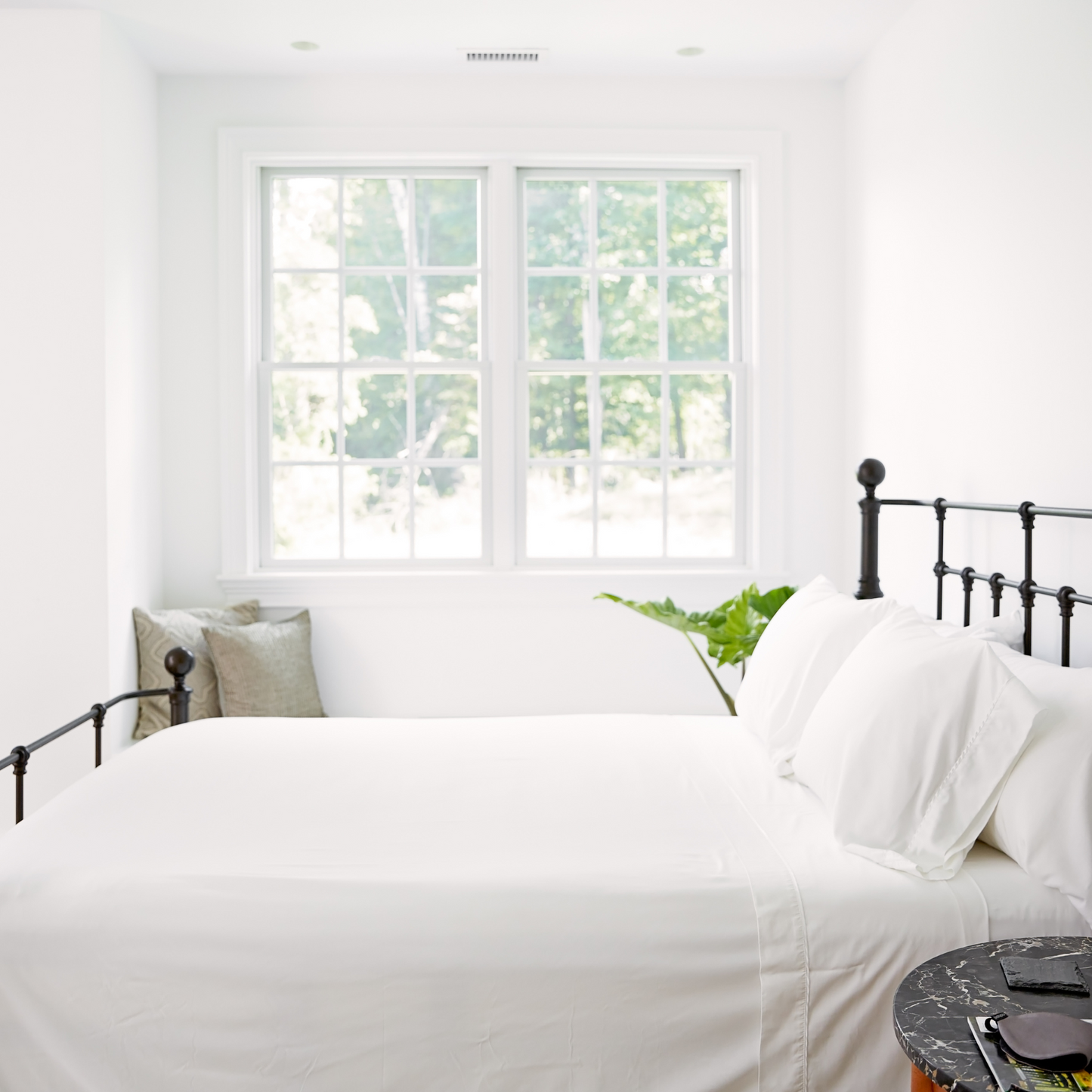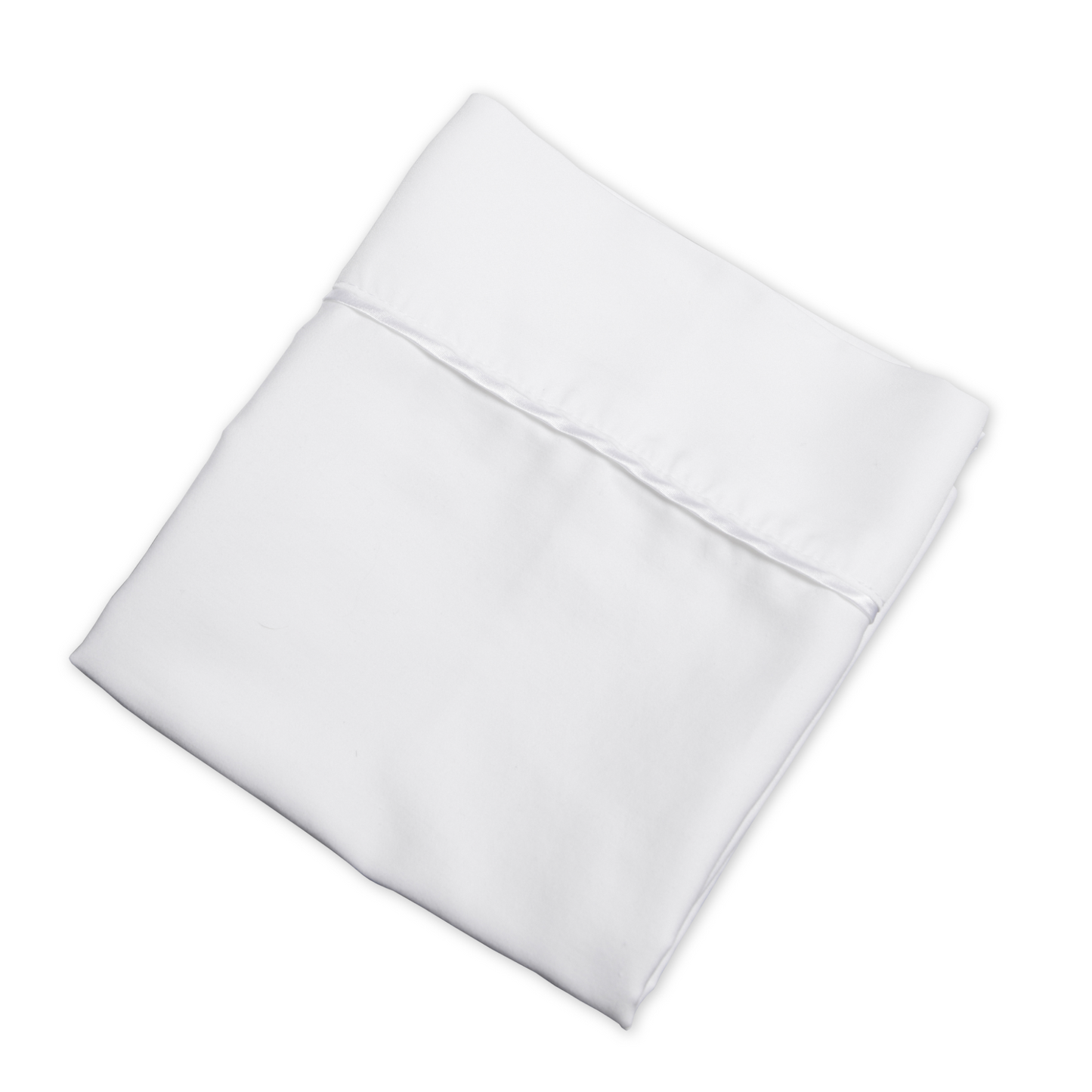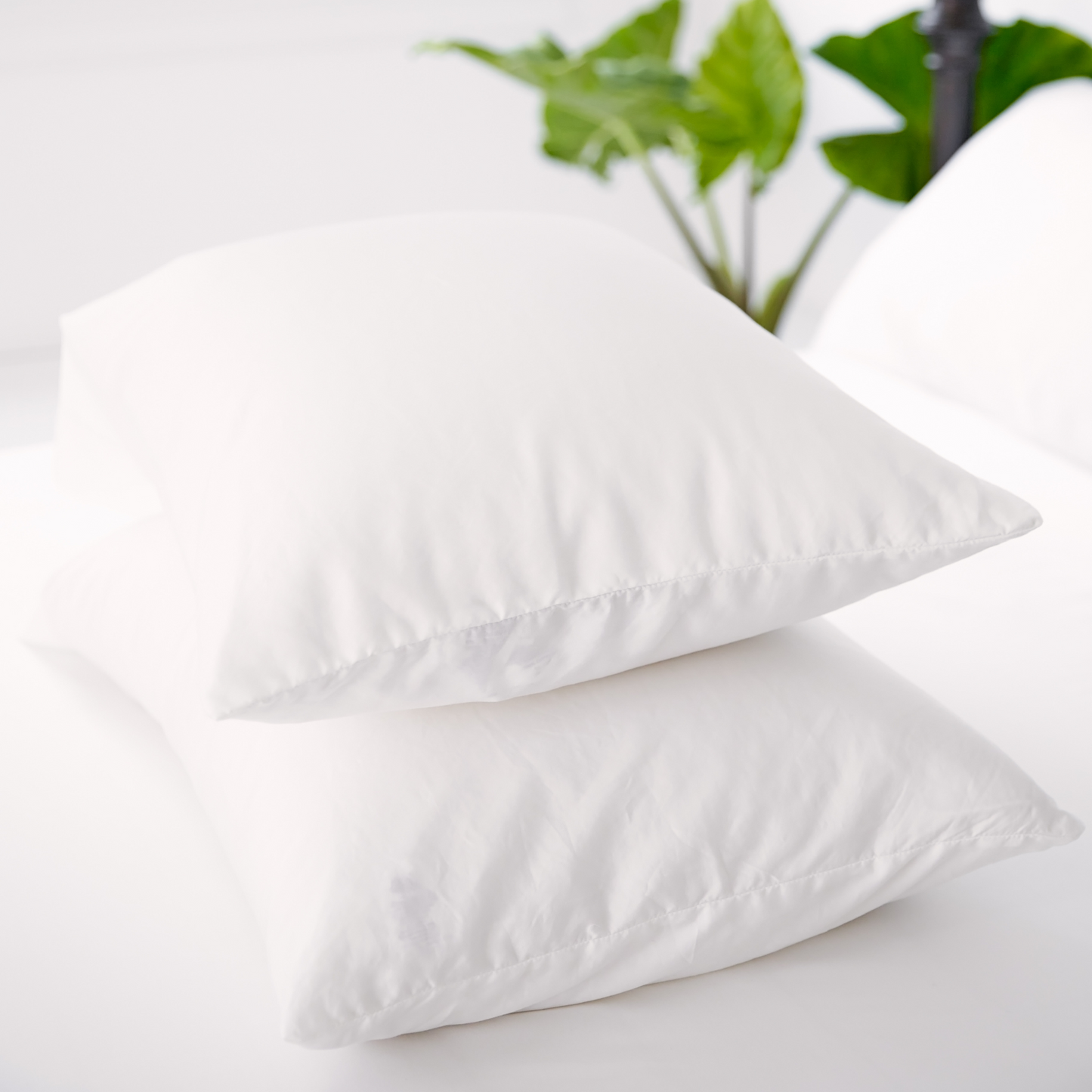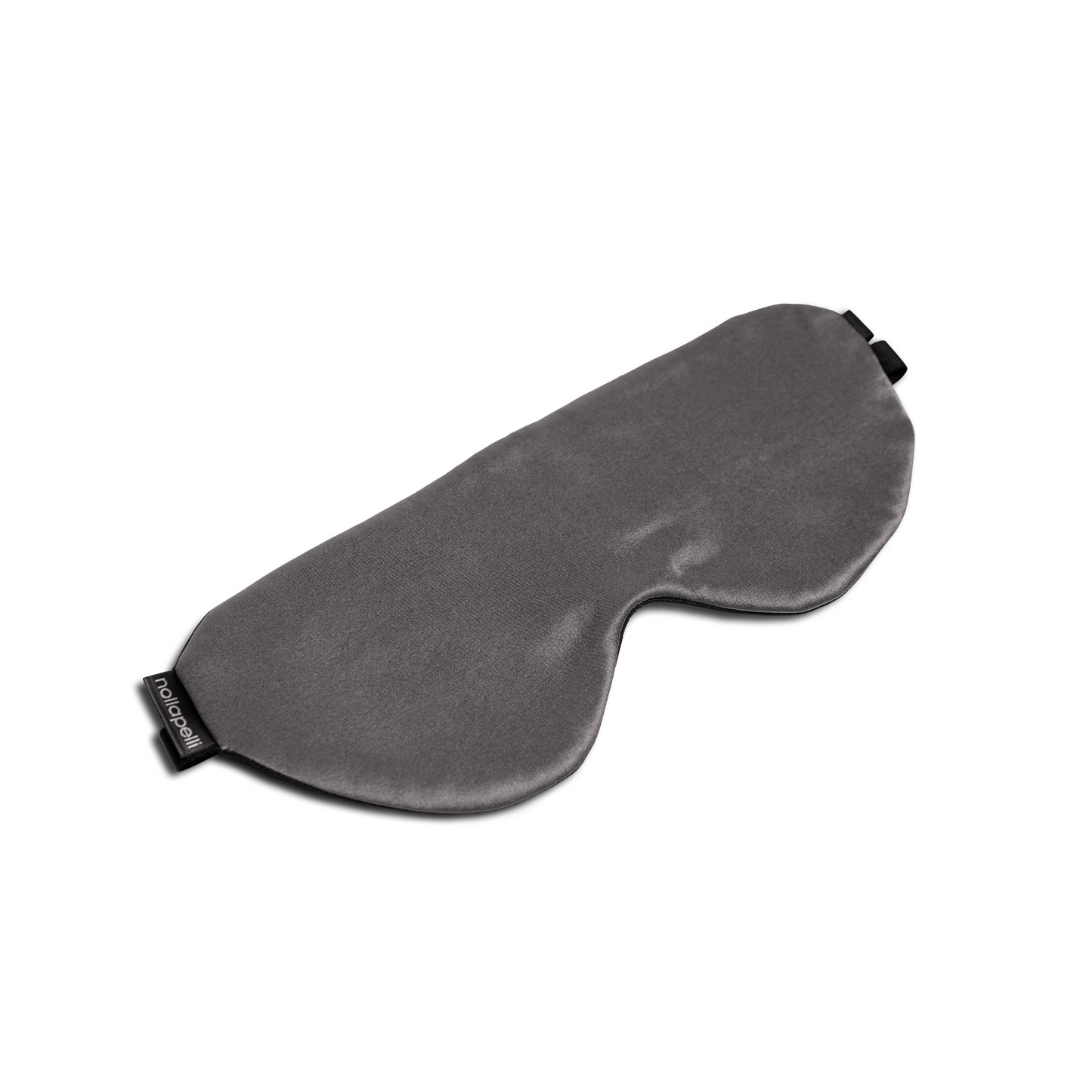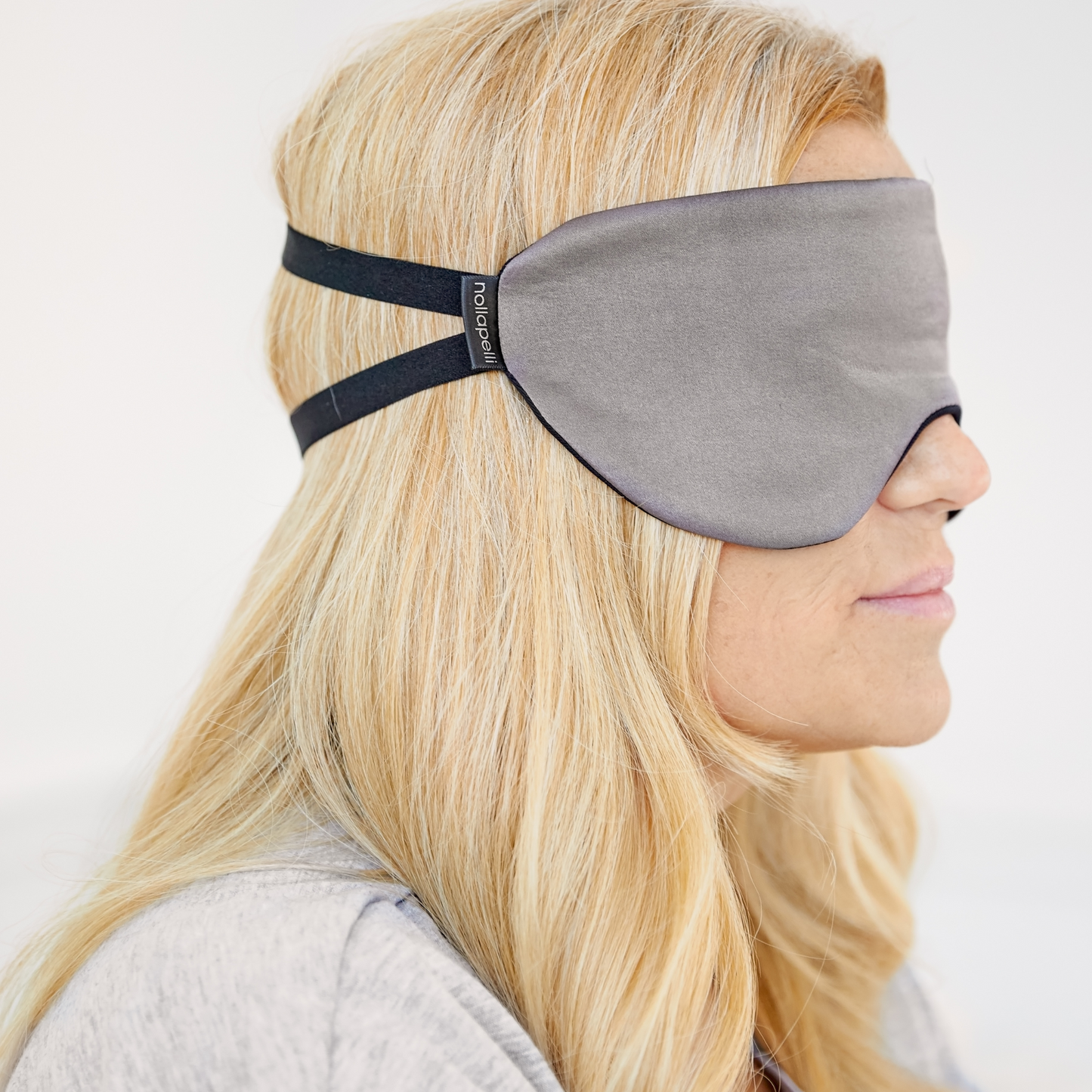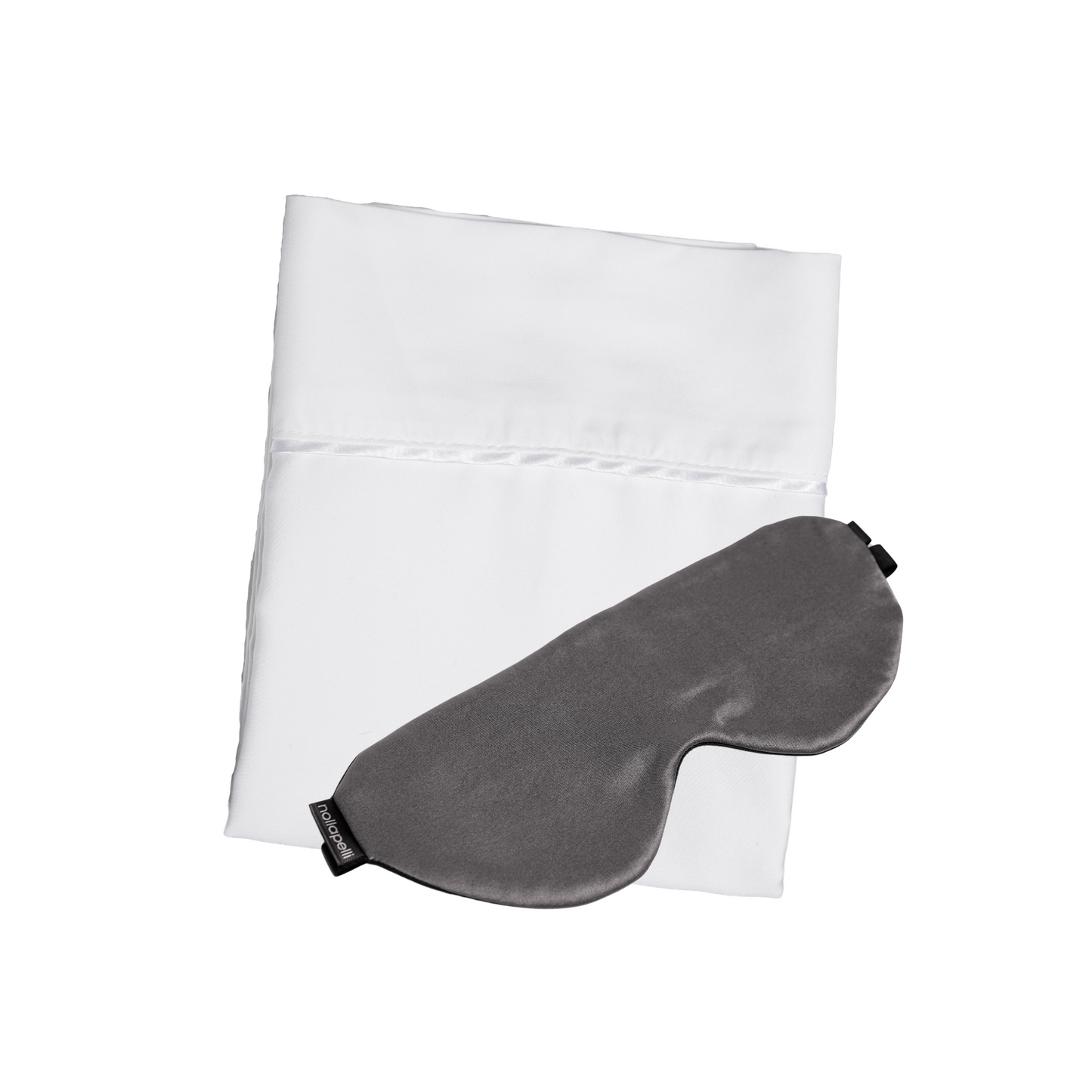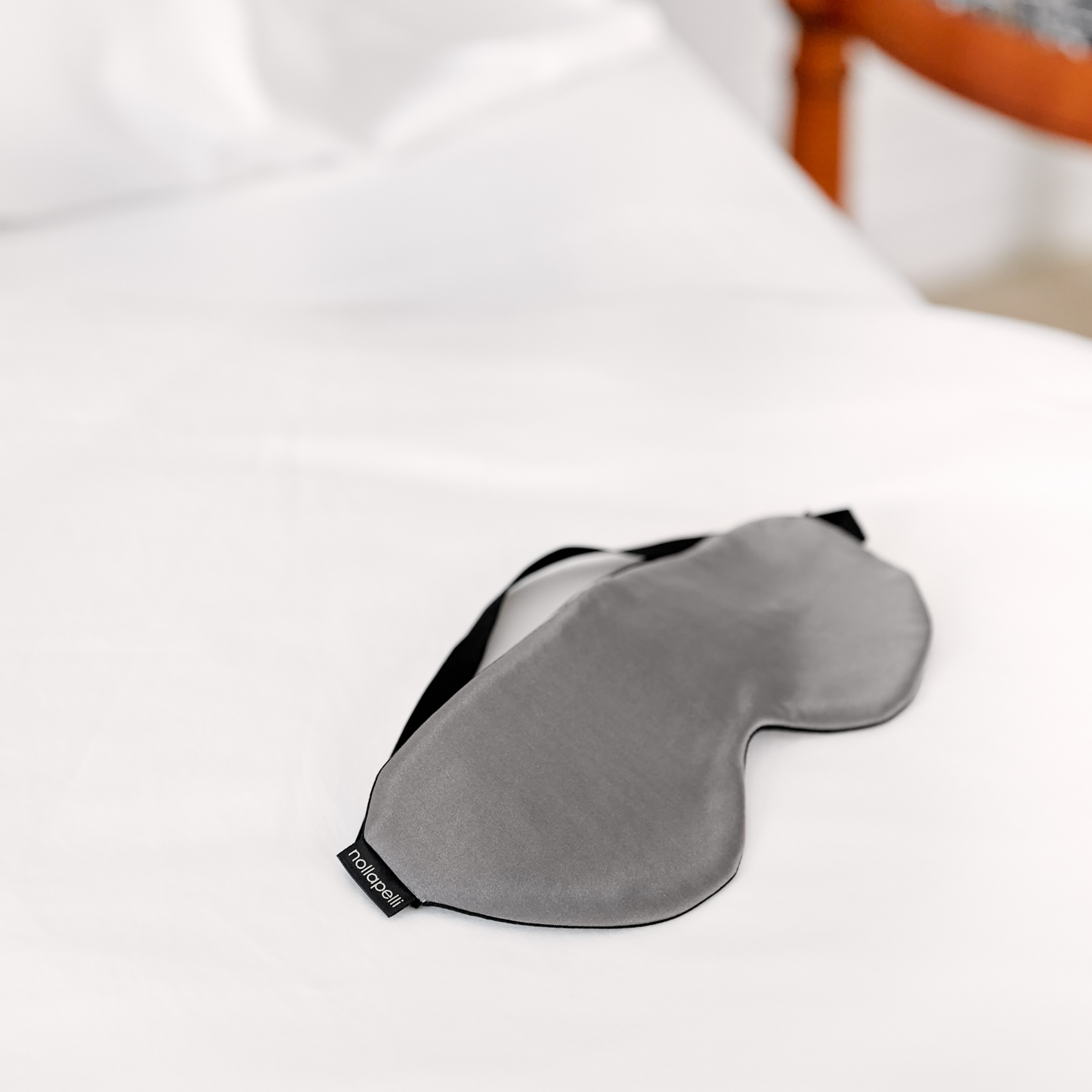
Beauty sleep is not a myth. While you rest, your skin is resting too, recharging and recuperating from a day’s worth of activity. Your body produces collagen to keep your skin healthy, smooth and youthful. The hormone cortisol is reduced in your body. And your body is restored through cellular regeneration.
Quality sleep for the recommended eight hours a night is paramount to good health, and skin is no exception. It doesn’t hurt to have a great set of sheets, made with Nollapelli’s proprietary fabric blend either, to help you protect your skin. Read on to learn exactly what happens to your skin when you hit the pillow each night and how you could be doing damage to your complexion by missing out on the benefits of quality sleep.
Your Body Is Restored
After a long day, sometimes there’s nothing more satisfying than laying your head down on a soft, comfortable pillow and drifting off to sleep (a ritual that’s even more satisfying if your head is resting on one of Nollapelli's pillowcases). But while you dream, your body is hard at work restoring itself and preparing for the day ahead.
There are several stages of sleep, but according to the National Sleep Foundation, the most important stages for your body and skin’s restoration are the third and fourth stages of the NREM (is this an acronym? Can you define it?) cycle. This deep sleep relaxes your muscles and is responsible for increasing blood flow, repairing and growing tissue and restoring energy.
Your Skin is Enriched With Collagen
Collagen is the not-so-secret secret to flawless, youthful skin. According to Medical News Today, it’s the most abundant protein in our bodies and it’s responsible for holding our bodies all together. It’s in our bones, our muscles and, yes, in our skin.
Collagen forms the structure of skin, which keeps it looking fresh, firm and young. After the age of 30, collagen production naturally declines, causing unwanted wrinkles to develop. This is when sleep becomes (and consequently, the sheets you sleep on) even more important. During the third and fourth restorative cycles of sleep, the body produces collagen, replenishing our stores and keeping skin smooth and supple. Lack of sleep and the presence of stress can negatively impact collagen production, according to a study published in Medical Hypotheses, because they deprive your body of a chance to naturally restore itself.
Your Cortisol Levels are Being Reduced
You might have heard of the stress hormone cortisol in relation to weight management, but it also impacts the integrity of your skin. It may be linked to skin’s oil production, which when spiked can cause flare ups of acne. Some autoimmune disorders that affect skin, like alopecia and vitiligo, can be brought on by elevated stress levels as well.
Sleep reduces cortisol levels, which can help stave off stress-related skin issues. One study published in the Journal of Psychiatry and Neuroscience examined levels of cortisol and growth hormone in sleep-deprived participants. Even though average cortisol levels didn’t spike during 40 hours of sleep deprivation, the typical nocturnal pattern was disturbed. Levels jumped about one hour earlier than normal during sleep following sleep deprivation and an hour later once a normal sleep pattern was resumed. Not getting enough sleep can disrupt your body’s natural ability to manage its cortisol.
Your Skin Gets To Rest Too
When you sleep, your mind is at ease and the troubles of your day can melt away into the softness of your pillow and smoothness of your pillowcase. For skin, sleep has the same effect. Snuggled safely in your sheets, your skin is offered respite from the harsh elements it battles all day long. It gets a break from fighting off the sun’s harmful UV rays and combating damaging free radicals.
If you wear makeup, removing it before you go to sleep gives skin a chance to breathe. Sleeping in makeup can be damaging to skin. “Sleeping in makeup can be detrimental to the skin’s health”, Dr. James C. Marotta, a facial plastic surgeon and skincare expert, told Good Housekeeping. “This is especially true because skin repairs itself at night while you sleep, so makeup can clog your pores and not allow the skin to breathe”.
Dr. Marotta claims that this can cause uneven skin tone, dryness, redness, acne and deeper wrinkles. Take your makeup off before bed, slip into comfortable, quality bed linens (like Nollapelli’s sheet set!) and let your body do the rest. You can even use our Nighttime Routine Checklist for Better Skin to make sure you’re not missing any key steps. When you wake up, you’ll feel refreshed and your skin will be ready to face the day.

